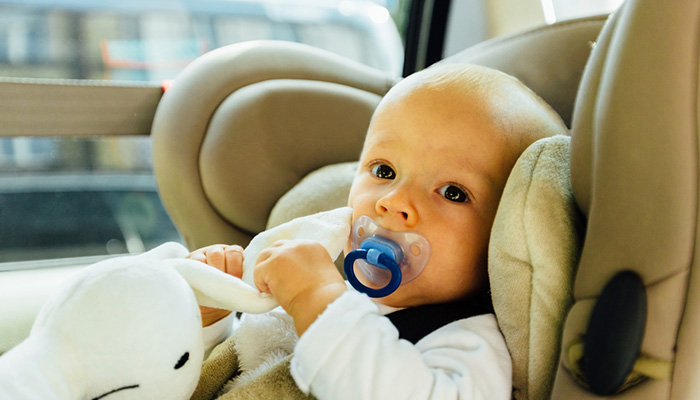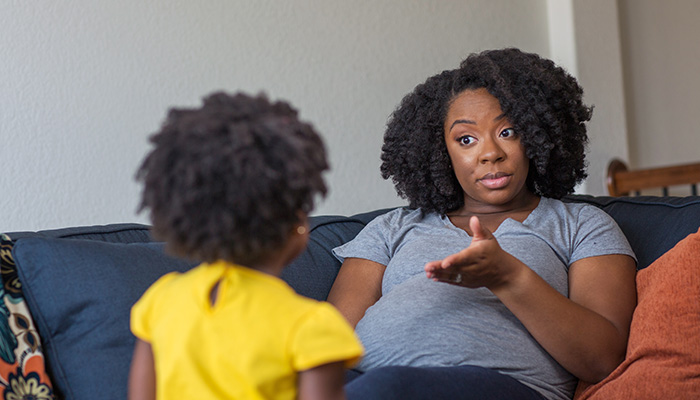There has been a lot of buzz about the Human Papilloma Virus (HPV) vaccine over the past several years, both in the medical field as well as in social media. Some of the information has been pro-vaccine and other posts have warned against it. Part of my job as a pediatrician is to understand the knowledge behind the vaccine studies to determine whether or not these vaccines are safe and effective. Here is the truth about the HPV Vaccine.
HPV is the most common sexually transmitted infection, with some studies showing up to 80% of people being infected. The virus is transmitted by sexual contact, via vaginal, anal, or oral sex. The good news is that there is a vaccine to protect against these viruses. The vaccine on the market currently is Gardasil, which protects against 9 of the strains of HPV virus that cause the most health problems. There are 6 different kinds of cancers known to be linked to HPV virus that this vaccine protects against including vaginal cancer, anal cancers, throat cancers, cervical cancers, and vulvar cancers. In addition, the vaccine protects against genital warts. The goal of the vaccine is to protect from these viruses before our kids ever get exposed to them. The vaccine is licensed starting at age 9. In our clinic, we recommend the first vaccine at age 11, as kids have two other vaccines at that time– Menactra and Tdap. Studies show that getting two doses at least 6 months apart before age 13 provides the best protection. If the vaccine series is started on or after the child’s 15th birthday, then they will need 3 doses.
But what about the side effects and all those long term issues that circulate in social media posts? Truth of the matter is, they are largely false. The HPV vaccine is the most studied vaccine EVER since production. The vaccine has been around now more than 13 years and there have been no long-term negative consequences to vaccination. The biggest side effect that differs from other vaccines is a slight increase in risk of fainting during the time of the vaccine. For that reason, we recommend patients wait in the clinic for 10-15 minutes before leaving. Otherwise there are no studies that show any increase in incidence of neurologic, autoimmune, or other conditions related to this vaccine. More importantly, the vaccine is working. There has been a 30% reduction in HPV-related cancers in women age 16-24 alone, with good data showing improvement in all ages and genders. Hopefully, continued decline will occur until these cancers are no longer something we discuss on such a large scale.
Take home point – the HPV vaccine is safe and effective. We recommend your child be vaccinated starting at age 11 with 2 doses at least 6 months apart. Please sit down with your pediatrician and discuss further if you have other questions related to this vaccine.



